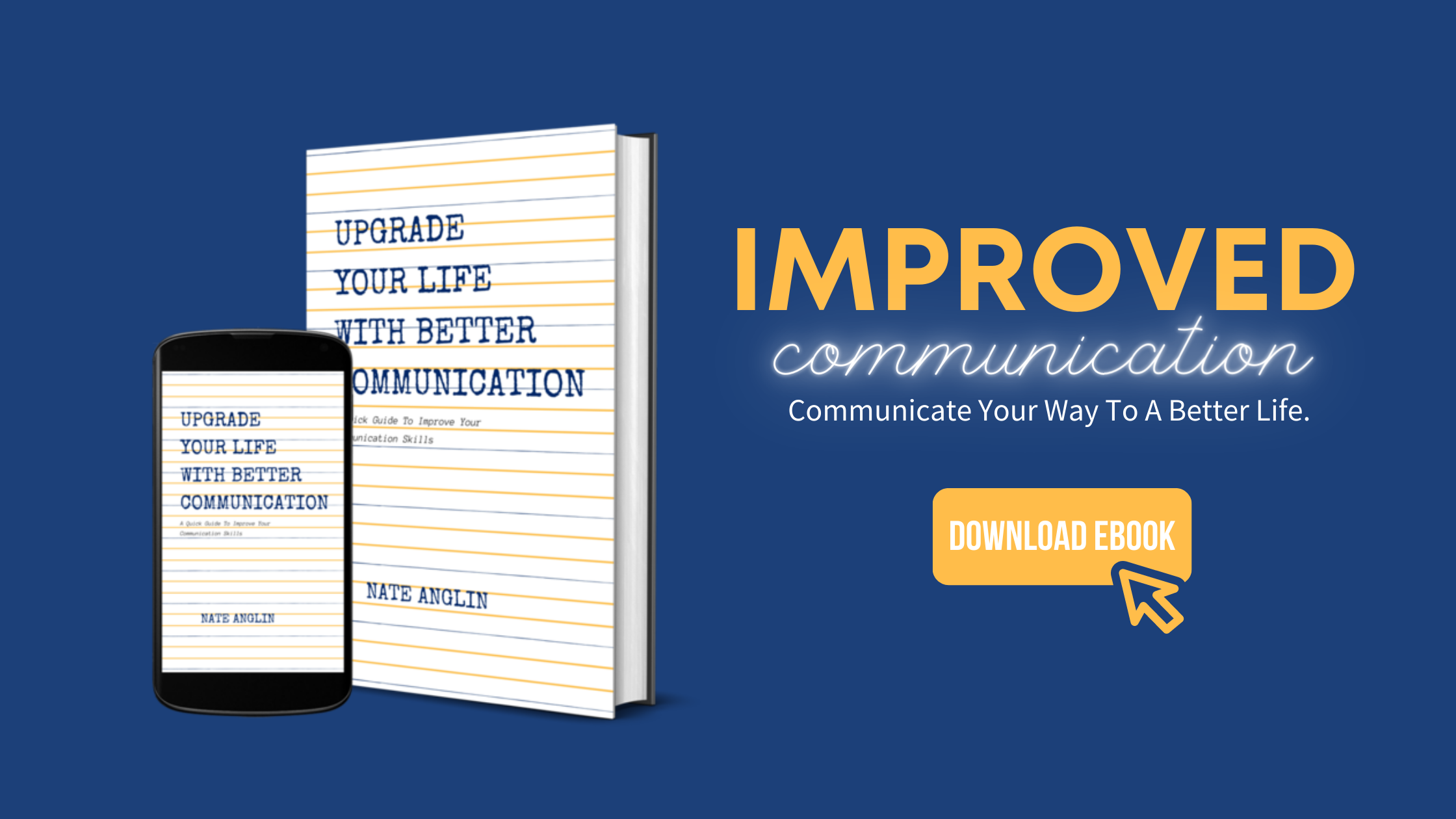3 Simple Acronyms To Help You Become A Better Conversationalist
All conversations enter the Twilight Zone, with the same standard questions, and boring answers.
How are you? What's the weather like? What're your plans for the weekend?
I'm guilty of it.
It's an easy place to start. It's my comfortable place, as if I entered a cozy bed, pulled up a heavy comforter, and drifted off into a deep sleep.
Wake up! Conversations need to be engaging and, in a lot of ways, entertaining.
I don't need to feel comfortable. Leave that for sleep.
When you ask bad questions, it leads the discussion through a series of meaningless short remarks.
"The right responses can go a long way to jump-start and add new
life to your conversations" says Patrick King in his book The Art of Witty Banter: Be Clever, Be Quick, Be Interesting - Create Captivating Conversation.
He recommends three acronyms to add a new dynamic to how you converse with others.
History, Philosophy, and Metaphor (HPM)
This acronym draws on personal experiences and beliefs.
" History means you reply with your personal experience regarding a topic."
For example, if someone talks about a specific conference they went to, you will utilize history to prompt your reply:
This reminds me of the last time I went to that conference…
That's just like the first time I went to a conference …
Someone I know went and also said…
" Philosophy, on the other hand, involves your personal stance, take, or opinion on a specific topic."
Let's say you're talking about the same conference…
I've always loved this conference because…
I hated the conference ever since…
Meeting new people is so much fun. I've met…
" Metaphor, on the other hand, involves what the conversation topic reminds you of."
This allows you to get off a boring topic or subtly transition to a different topic.
If you can preface it with a transition, it'll work.
That reminds me of…
It sounds like…
This makes me think of…
Patrick says to keep HPM "focused on you, what you think, and what your experiences are."
When you use HPM, "it really has nothing to do with the other person, it has to do with what the topic at hand evokes from you – a memory, opinion or feeling, or a jumping-off point from which to change the subject."
Specific, Broad, and Related (SBR)
Use this to any statement or questions presented to you.
Specific is about asking questions regarding the topic you're talking about.
By using it, you can move the conversation forward or take it deeper by pulling out details.
For the conference example,
What kind of new products were there?
How was the conference attendance?
Will you go back next year?
Did you meet anybody worth staying in touch with?
How were the parties? What company hosted it?
Broad is when you ask broad questions about the topic.
Asking broad questions creates a greater context. They're also a great way to transition to sub-topics.
They're to "get the background and the general lay of the land here," says Patrick.
Where was the event again?
When was it?
What airline did you take to get there?
Did anyone else go with you?
Related is when you ask something that's broadly related to the subject of your conversation.
This allows you to explore other areas around the topic of your conversation, a key skill when becoming a better conversationalist.
Don’t drag on about the same topic of hours.
I love that city.
Were you able to visit x?
That event is known for its speakers, did you get a chance to listen to anyone good?
The SBR strategy "focuses primarily on the topics you're talking about. That is, you're taking the exact topic in front of you, digging deeper into it, and essentially letting the other person guide you through questions."
Emotion, Detail, and Restatement (EDR)
EDR is a mix of the last two. You can use it in any situation, and Patrick advises to "use what's in front of you, but it's even better if you draw internally and speak about your thoughts and opinions."
Emotion is when you state someone else's emotion or emotional state based on what they said.
Your response is what you believe their emotional response is.
For example,
You: "It seems like you enjoyed the conference."
Them: "Yes, it was fun with a lot of new products to see."
What makes this effective is you're talking about the other persons emotion, not yours.
It's the case of What's In It For Me. People like talking about themselves, and "the more attention you give, the more they're likely to talk," mentions Patrick.
Detail means when you respond to a topic, you ask for details and how it relates to the other person.
You get the details, and you also get an overview of how it impacts them.
Use the 5Ws here:
Who, "Who did you meet there?"
What, "What was the best new product you saw?"
Where, "Where did you go for dinner?"
When, "When is the next conference?"
Why, "Why didn't you have a booth?"
Restatements are when you restate or summarize what the other person said and throw it back at them.
This is an excellent tool to help you actively listen.
When you restate what they said, Patricks explains, you validate them twice, "first, the simple act of summarizing what they said already validates them. It lets them know that you were listening to them."
Once you've done your part of listening, you then "ask for their permission or confirmation to see if you've understood them correctly."
This gives your counterpart a sense of comfort and validation.
Them: "I went to a conference last weekend."
You:
"So, you flew to a conference last weekend?"
"So you flew to a conference last weekend?"
"So, you flew to a conference last weekend?"
You can ask the same thing with "emphasis on a different word to
indicate that you are curious and want clarification on."
How to apply these three acronyms to become a better conversationalist.
Don't make conversations more complicated than they have to be, and don't enter one boring conversation after another.
Focus on one acronym at a time.
Write the acronyms down in your notes app, and review it before you enter a conversation.
Like this:
Remember, the most important thing you can do to become a better conversationalist is to enter new conversations by asking better questions.









